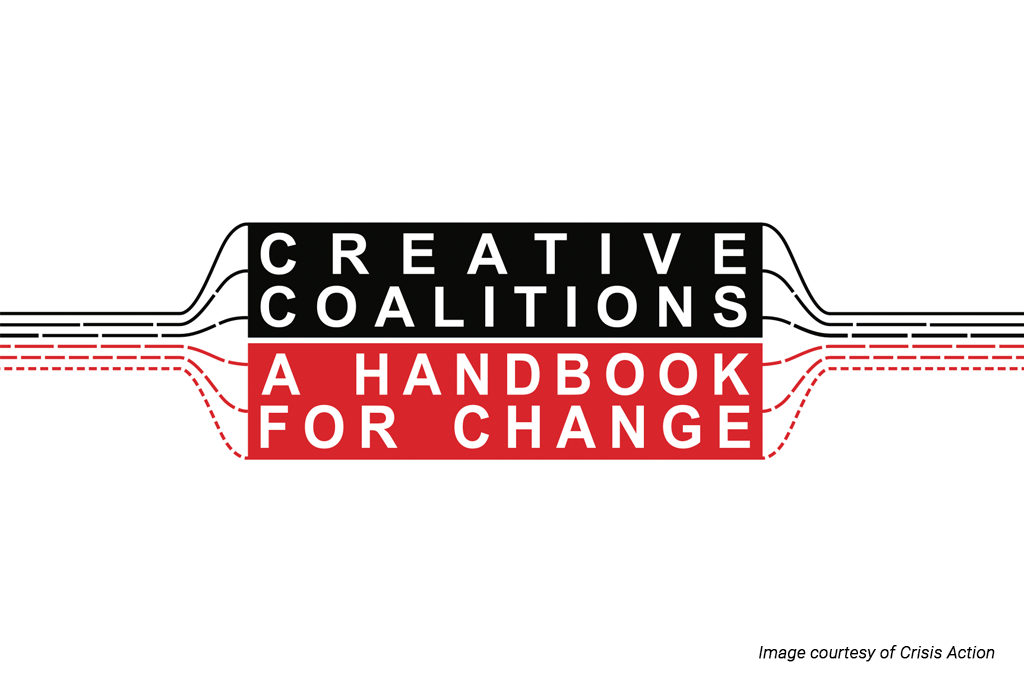This case study explores how civil society in DRC has strengthened its participation in EITI, the introduction is below – you can read it in full by clicking on the ‘download’ button
Civil society has a crucial role to play in supporting the implementation of the Extractive Industries Transparency Initiative (EITI) and in ensuring that the initiative delivers. In improving transparency and good governance, EITI can help citizens in resource-rich countries better benefit from their natural resources, but civil society is the essential link that can turn transparency into accountability.
Yet civil society faces many challenges in its bid to engage freely, fully and effectively in the EITI process. In order to be influential, civil society must be united, well-informed and credible – not an easy feat when you consider that their space at the table is recent, their workload full and capacity limited. What can civil society do in order to deliver its full potential?
In this brief we explore how, through quarterly evaluation sessions on the quality of EITI implementation, civil society in DRC has strengthened its voice, united its views and increased its credibility.
Other PWYP coalitions can draw on these lessons, in order to strengthen their own participation in the national implementation processes. This brief will also be of interest to those interested on issues of extractive transparency, good governance and multi-stakeholder initiatives.










